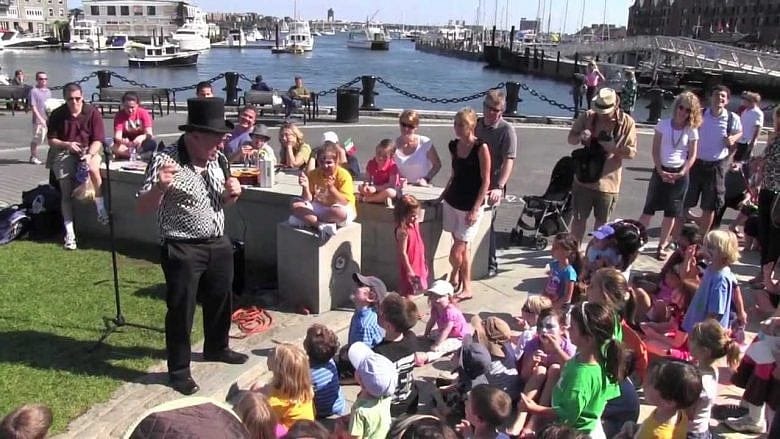Cambridge excoriates Columbus, sets Indigenous Peoples’ Day

BOSTON – Across the Charles River from the seat of Bay State power sits the city of Cambridge, the intellectual heart of the commonwealth and sometimes known as the Peoples Republic.
So when the Cambridge City Council formally declared Christopher Columbus as a sort of historical persona non grata Monday, it may not have raised many eyebrows.

